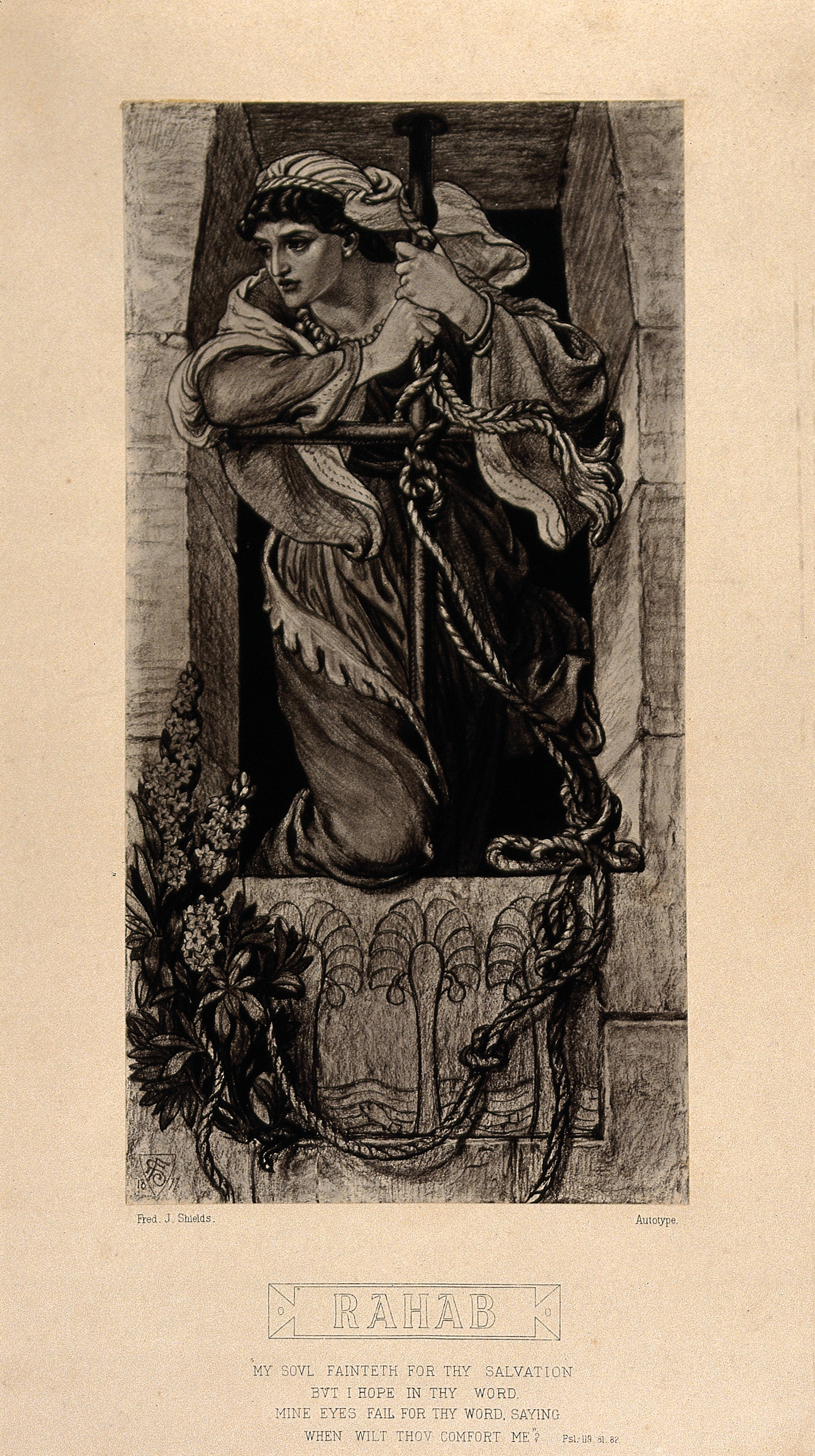I am away this week, so my colleague and good friend, Rabbi Kelilah Miller, has once again agreed to step in and guest blog for me. Enjoy!
Greetings and Shabbat Shalom! It is my honor, once again, to serve as guest-blogger this week. Many thanks to Rabbi Gerber for offering me this platform for some reflections on the Haftarah.
This is an interesting week to write the weekly blog, since there is an unusually strong connection between the Torah Portion and the Haftarah. In the Torah reading, Moses
sends representatives from each tribe to spy out the Land and to bring back word about the quality of its harvest, as well as any news about fortifications built by the inhabitants. The spies bring back a terrifying report, citing major cities and fortresses, as well as a race of giants that live in the Land. The people fall into despair, and are doomed to 40 years of waiting and wandering. The only two spies who bring back an encouraging report are Joshua the son of Nun and Caleb the son of Jephunneh. Joshua and Caleb are rewarded for their faith and hope by being the only two people of their generation allowed to enter the Land of Israel.
And so we find, in our Haftarah (40 years later…), that Joshua is preparing to lead the people into the Promised Land, having inherited the mantle of leadership from Moses. Interestingly, Joshua chooses to send a new group of scouts into the Land, just as Moses did. But the story resolves quite differently. Instead of the Israelites being struck with terror, the scouts enter the city of Jericho and discover that the local residents have become terrified of the People of Israel! The “Script” has been flipped, and now the Israelites are empowered to claim their promised destiny.
Because these stories are so similar, they are ripe for comparison. The parallels give us an opportunity to focus on the differences, and on the ways in which the second
story acts as a foil to the first. One difference that might easily be overlooked is the difference in how each band of spies interacts with the inhabitants of the Land. The first group of spies goes into the Land, sees the people and cities there, and dashes back to the encampment with the bad news. The second group, on the other hand, spends the night inside one of the Canaanite cities. They stay with one woman in particular, by the name of Rahab. She is a marginalized figure in several ways - she is a woman in a patriarchal society, she is a sex worker, and her home is literally constructed as part of the wall surrounding the city. She lives on the boundary.
Rahab emerges as an unlikely hero of the story. She both informs the spies that the Canaanites are living in fear, and acknowledges that God is the source of the Israelites’ power. Most strikingly, she helps the spies escape the city in exchange for a promise that she and her family will be spared in the coming battle. While there are (of course) many ways in which to interpret the encounter between Rahab and the spies, I want to offer the possibility that she appears in our text to remind us that pausing, listening, and being open to perspectives from unlikely (and marginal) places can sometimes give us the wisdom we need to move forward. This is especially true when we are likely to be afraid or emotionally “set off.” If we are ready to take the risk of “staying the night” in a strange place, occupying an unfamiliar perspective, we may gain insights into ourselves, how we are perceived, and how we might walk our paths differently. We may even begin to rewrite the script.
.jpg)

No comments:
Post a Comment